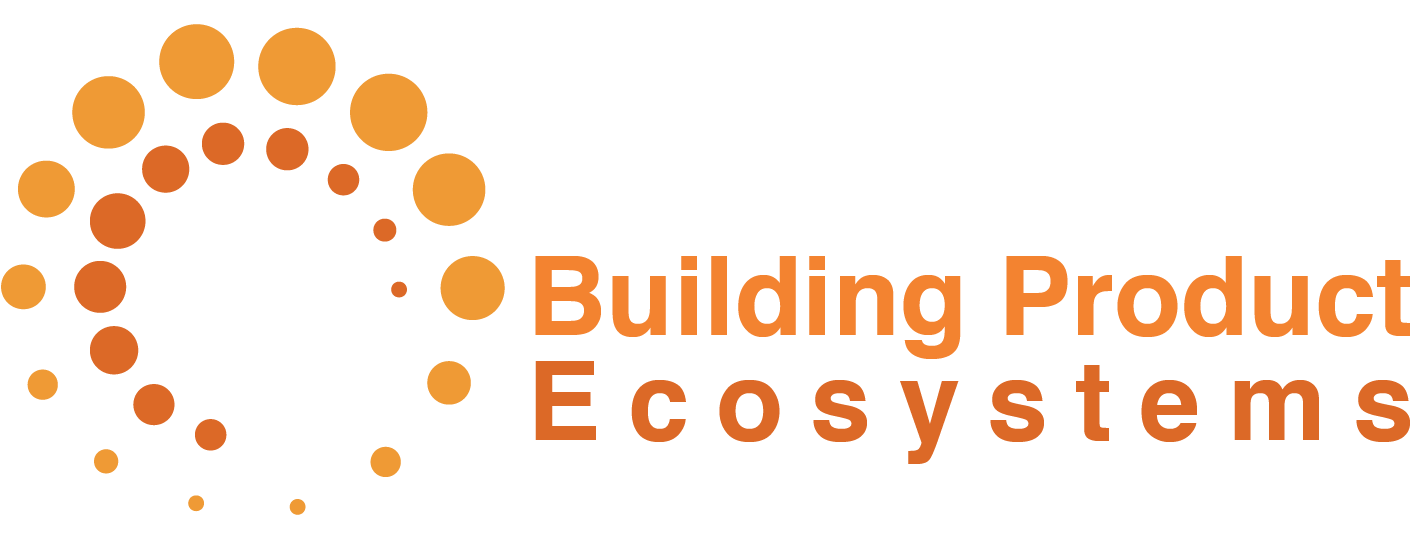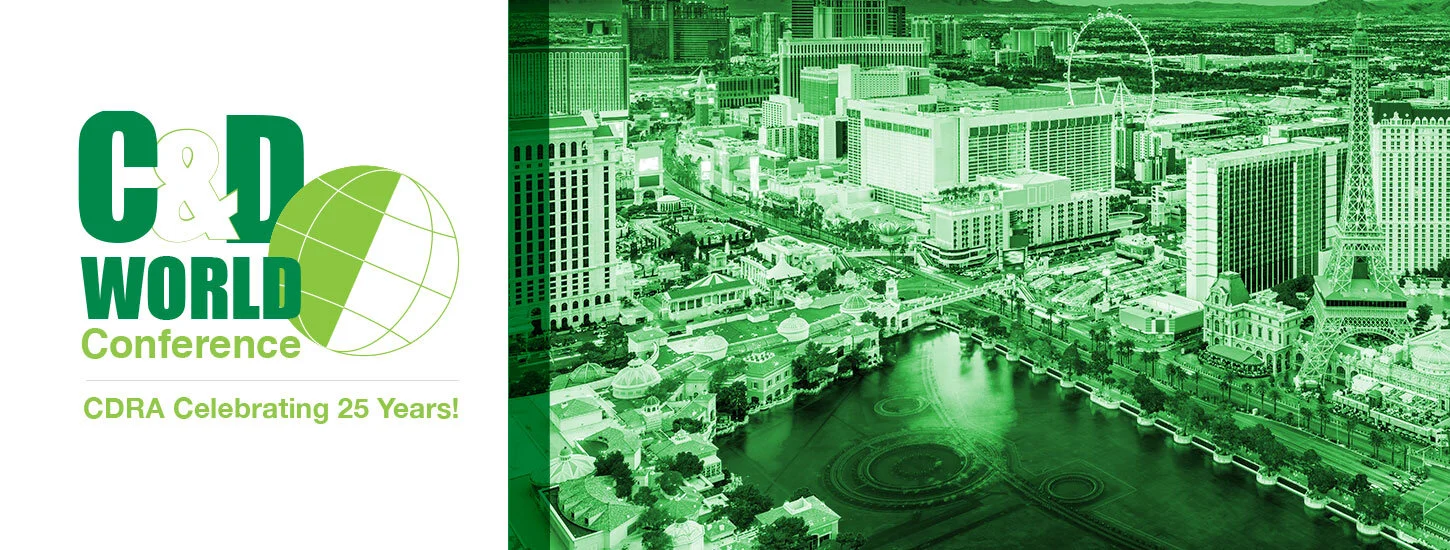BPE founder Amanda Kaminsky will be speaking at this webinar on post-consumer class as cement replacement, hosted by ASCE Metropolitan Section. Register here for the event on Monday, April 12, 5-6pm.
Recycling Glass to Improve Concrete and Reduce GHG Emissions
NYU Stern School of Business will be presenting key stakeholders (including BPE founder Amanda Kaminsky) “who will tell how to solve the glass recycling challenge, and create more environmentally sustainable low carbon concrete, improve the environmental performance of concrete and extend the life of concrete by as much as 40%.” Part of Circular City Week New York 2021. Register here for the online event on Mar 25, 1:00 PM – 2:30 PM EDT.
Activating Building Material Reuse Panel
As part of Circular City Week New York 2021, BPE founder Amanda Kaminsky will be co-moderating an online panel on “Activating Building Material Reuse,” alongside Allison Arlotta, researcher and Build Reuse Board Member. Register here for the event on Monday, 3/22, 12pm - 1:30pm.
BPE Collaborates on 2020 Publishing of Two ASTM Quality Control Standards
How coronavirus is disrupting US waste and recycling
Cities Wonder Whether Recycling Counts as Essential During the Virus
In Germany, Siemens and Currax collaborate on remote mill operation digitisation, targeting resiliency in crises
Concrete Solutions That Lower Both Emissions and Air Pollution
Air Quality and Climate Change Intertwine in Unexpected Ways. A Concrete Example.
New York’s Last Coal-Fired Power Plant Is Closing
Here's why China’s post-COVID-19 stimulus must reject costly coal power
The coronavirus outbreak has struck a significant blow to the Chinese economy. The severity of this hit will not only depend on the extent and depth of the outbreak, but also on the government's response. Here is why China should avoid coal power investments when stimulating the economy after COVID-19 has been contained.
Circular City Week 2020
“Circular City Week is an open collaborative festival for circular economy related events. Circular City Week took place in New York for the first time in March 2019, and will be back in New York 16-22 March 2020. Activities during Circular City Week will emphasize how circular practices such as reuse, recycling, and upcycling are transforming urban industries and the city as a whole. “
C&D World 2020 Las Vegas
Why Coronavirus Will Stimulate Innovation
In addition to the immeasurable suffering and loss of life, the deadly coronavirus is already impacting the world economy, hurting stocks, halting travel and meetings, impacting the daily ritual of going to the office, and quarantining millions. Businesses worldwide are feeling the effect of these changes in behavior, and economists are predicting the virus will result in an economic loss to the tune of hundreds of billions of dollars. But while the grave and tragic human toll of lost-lives cannot be measured, there is a silver lining. If the history of pandemics is a guide, this contagion, like all others, will spark a wave of innovation, proportional to how it alters the shape of society.
Keegan Landfill Closure Order is Signed by the Town, NJSEA and NJ DEP
On March 6, 2020, the New Jersey Superior Court entered a final consent order officially memorializing the settlement between the Town of Kearny, the New Jersey Sports and Exposition Authority (NJSEA) and the New Jersey Department of Environmental Protection (NJDEP) to permanently close the Keegan Landfill. The consent order was negotiated by the parties and terminates the litigation filed by the Town against the NJSEA on April 22, 2019 and against the NJDEP on October 25, 2019.
Coronavirus Is Proving We Need More Resilient Supply Chains
As governments and health care agencies work to stop the spread of Covid-19 and to treat those who are infected, manufacturers in more than a dozen industries are struggling to manage the epidemic’s growing impact on their supply chains. Unfortunately, many are facing a supply crisis that stems from weaknesses in their sourcing strategies that could have been corrected years ago.
Cement and the Coronavirus
The Coronavirus Disease 2019 (COVID-19) took on direct implications for the international cement industry this week when an Italian vendor infected with the virus visited Lafarge Africa in Ogun state, Nigeria. The cement producer said that it had ‘immediately’ started contact tracing and started isolation, quarantine and disinfection protocols. This included initiating medical protocols at its Ewekoro integrated plant, although local press reported the unit’s production lines were still open. Around 100 people were thought to have had contact with the man.
Could Glass Make a Comeback Amid Single-use Plastic Concerns?
The Embodied Carbon Conundrum: Solving for All Emission Sources from the Built Environment
Increasing urgency among policymakers and the design community to meet the goals of the Paris Climate Accord has spurred more aggressive codes and energy policies in jurisdictions around the United States. These strategies are making gains on driving down carbon emissions resulting from powering our homes and commercial buildings. Yet another source of carbon — embodied carbon — has gone largely unaddressed.
CalRecycle Approves Pilots for Convenient Bottle Redemption
Concretising the role of extended producer responsibility
The aim of this paper is to shed light on the main aspects of Extended Producer Responsibility (EPR), a widely used principle of environmental policy, looking through the lens of EU waste law and policy, as this is currently evolving. The main discussion will revolve around the opportunities of moving towards a more effective EPR and adopting more effective policy instruments. Emphasis will be given to the definition of EPR, to its content and to implementation schemes in EU law especially as regards the role of EPR in achieving the challenging targets which exist relating to waste management and product design requirements under the Circular Economy Package, while at the same time highlighting the inter-relationship between waste and product laws.























